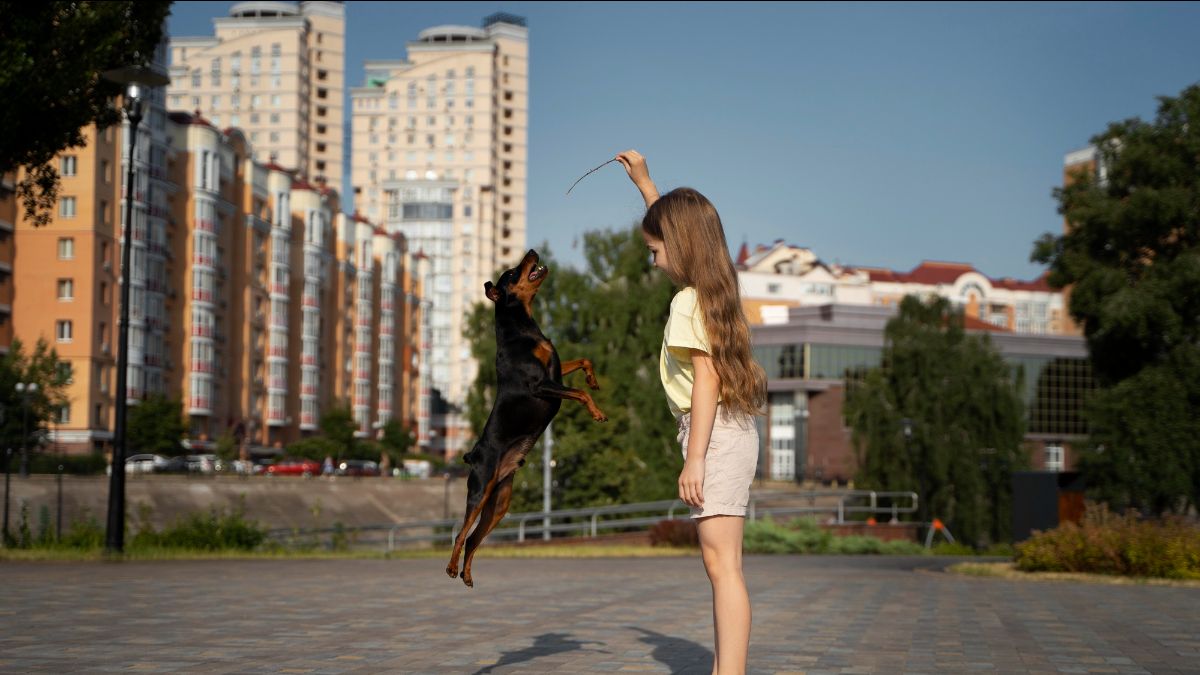Notes from Underground – September 2021
"I am grateful to be part of a community that continues to discover itself on the inside of God's delight, letting itself go for the sake of others. This is the journey of the contemplative activist."
Greetings,
While on vacation in August, I made the colossal mistake of listening to a podcast from Christianity Today about the “Rise and Fall” of Mars Hill Church here in the Pacific Northwest.
I should have spent each morning fishing in silence on the Hood Canal, where I grew up. Instead, I let myself listen to 10 episodes of a slow-motion trainwreck about a talented, charismatic, narcissist and a church culture that gorged on his gift/curse, until they finally got sick of it, and spewed it out.
Whoa!
After listening, I wanted to tie a millstone around my neck and throw myself into the sea. I felt dirty for being in ministry, for being white, male, heterosexual, and for ever having said anything about who God is, or what God wants, especially in ways that concentrate power in charismatic, white, male, heterosexual, individuals who claim to be called by God. I hate to admit to any complicity in this, but regardless of how I slice it, I too am a product of this cultural invention on display at Mars Hill, and fully implicated. Mercy.
So, yes, I was a bit depressed after listening to the series.
But I was also deeply grateful. I was grateful for Street Psalms. Not because we are above our own potential train wreck, but because as a community modeled after the Incarnation, there are some built-in features that protect us from our worst selves.
Here are just a few of the features of our vocation for which I am deeply grateful. They root us in reality, and protect us from ourselves. Such rooting is desperately needed, especially if you check the boxes of white, North American, heterosexual, male ministry leader.
Word Made Flesh
In listening to the podcast, I was reminded how tempting it is for an organization like Street Psalms to become a disembodied teaching ministry that props up the sage on the stage, disseminating doctrinal truths. Incarnational formation follows a different path. Incarnation is Word made flesh. It’s love with skin, or if you like, it’s contemplation in action. If it’s not embodied, it’s not Gospel. In other words, we don’t argue doctrine. We are not preoccupied with being right, nor are we interested in proving others wrong. Incarnational formation is about cultivating the conditions where leaders discover themselves loved. As facilitators of this process, we function less like preachers and teachers and more like midwives who are exquisitely attuned to how life comes into being. What we do is important, but we do the absolute minimum, intervening only when necessary. Our primary role is to be a loving presence, asking questions, attending to context, inviting, calling forth, trusting the Spirit to do what She does, which is bring forth life.
The Vulnerable
Vulnerable people and vulnerable places are central to an incarnational vision. At the table of life, Jesus gives preferred seating to the most vulnerable. According to Jesus, the vulnerable are not “clients.” They are sacraments who reveal God among us. As Mother Teresa said, Christ shows up in the “distressing disguise of the other.” We might call this Christ incognito. To welcome the vulnerable is to welcome God. Christ incognito gives us the opportunity to practice hospitality which is perhaps the deepest mystery of the Incarnation – the opportunity to host God. As Richard Beck points out in his book Stranger God, Christ incognito keeps things real, and consistently de-centers and subverts our egos and temptations toward empire building. I can think of no single thing that has been more hygienic for our mission than this. The vulnerable have saved us, over and over from boatloads of unnecessary heartache. They have returned us to ourselves, clothed and in our right minds. So, let us receive the sacrament of Christ incognito, again and again.
A Dispersed Communion That Shares a Common Charism
We are a dispersed communion, scattered throughout the world. As such, we are diverse in all kinds of ways: ethnically, culturally, geographically, theologically, as well as gender and sexual orientation. We share a common charism – a way of seeing and celebrating Good News in hard places, and a common desire to form leaders in light of this gift. But this gets worked out contextually and therefore, it takes a trained eye to see our commonality. Our gift is helping us embrace our shared humanity while delighting in the many different ways we express it. It’s unity without uniformity. What threatens this is when we conflate charism with charisma and confuse the two. Don’t get me wrong, we have plenty of charismatic leaders in the network, but that is not what we rally around. What holds us together is the One who delights in giving themselves away. In other words, there is a self-emptying quality to the Street Psalms community that is not preoccupied with its own success. This frees us from the colonial, imperial spirit that always rears its ugly head in organizational life. This sort of freedom is in abundant supply and eager to be accessed. It may appear to challenge our “get er done” spirit and subvert our desire to build something sustainable, but I have a hunch that’s only because we still aren’t fully free.
Liturgical Freedom
Liturgy literally means “the work of the people.” As such, good liturgy has a prophylactic quality to it. What I mean is that good liturgy protects clergy from abusing the laity with their charisma and ego needs, or even just their incompetence. It also protects the laity from abusing clergy with their demands. Without liturgy, a vacuum is created, that is very often filled with hangry egos. As a result, weird power dynamics emerge. Without good liturgy, things get really wonky. One other thing. Good liturgy is slightly boring. That’s part of its genius. This runs counter to a culture of entertainment. I am grateful for the slightly boring ways we gather and engage one another at our weekly, monthly, and annual gatherings. It frees us up to focus our attention on the Spirit who is not the least bit concerned with keeping us entertained or feeding our hangry egoes. Instead, She invites us to relax into the deep grooves of grace that call forth life.
Laughter
We are a community that practices the high art of laughter. We are learning how to laugh at ourselves, especially our imperfections. The kindly giggles of the Spirit save us from our own sense of gravitas, which makes us sink to the bottom. Catching a case of the holy giggles helps clear the fog. It helps us see that our truest self is safe and secure, even underneath all the fear and shame that makes us take ourselves so seriously. I have a hunch there is an unbearable lightness and levity to God, if we can only relax and receive it. God’s levity allows us to laugh at our imperfections. Perhaps one day even giving thanks for them, for without them, we would not know what it means to undergo being forgiven by One who is not scandalized, even by our worst act. Perhaps it’s God’s levity that makes resurrection possible. In other words, it’s in God’s levity that we discover our own lightness of being, and we rise up. And if this does not at least crack a smile, or release a giggle, or perhaps even unleash a full belly laugh, I don’t know what will.
So, that’s what I was thinking about while fishing on vacation and listening to 10 dark episodes of a podcast on the rise and fall of one megachurch, whose primary flaw, as far as I can tell, was how deadly serious it took itself. I am grateful to be part of a community that continues to discover itself on the inside of God’s delight, letting itself go for the sake of others. This is the journey of the contemplative activist. Don’t get me wrong, I still have many attachments, which weigh me down. This is why I pray the Suscipe Prayer each day. It helps me loosen my grip and relax. If you’re looking for a prayer that does that, please join me in praying this…
Take, Lord, and receive all my liberty,
my memory, my understanding,
and my entire will,
All I have and call my own.
You have given all to me.
To you, Lord, I return it.
Everything is yours; do with it what you will.
I ask only for love and your grace,
that is enough!
Much Peace,
Kris



